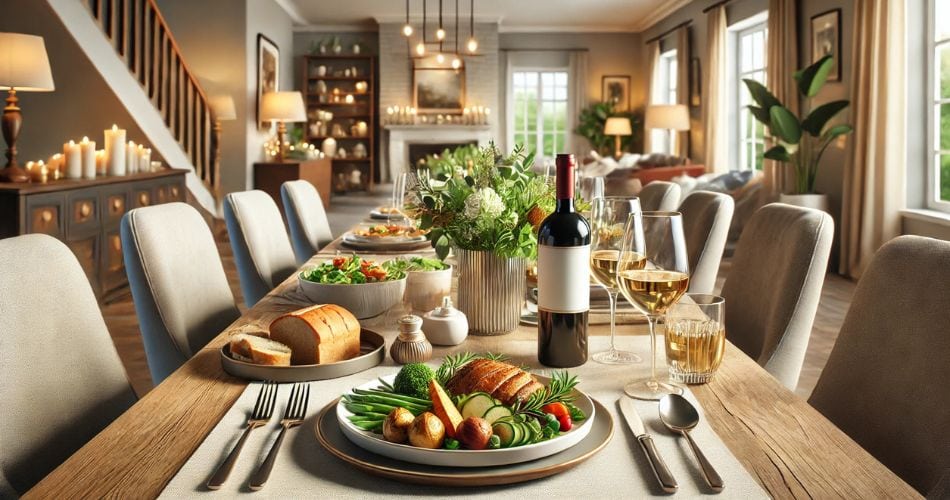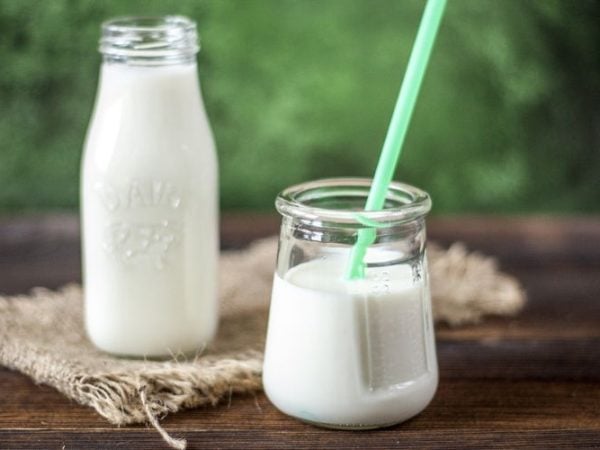Briefly
Dinner symbolizes community, connection, and the sharing of resources. It’s a daily ritual that brings people together, reflecting unity and hospitality. The act of dining emphasizes nourishment not just of the body but also of relationships, serving as a space for conversation, reconciliation, and celebration. It represents abundance and gratitude, a time to pause and appreciate the present moment with loved ones.
- Symbolism: community, connection, sharing, unity, hospitality, nourishment, relationships, reconciliation, celebration, abundance, gratitude.
Dinner in Dreams
Dreaming of dinner often indicates a need for social interaction or the nourishment of interpersonal relationships. Psychologically, it reflects the dreamer’s emotional state and desires for connection with others. A dinner setting in dreams can suggest a longing for companionship, a craving for emotional sustenance, or the resolution of personal conflicts. The context and people present at the dream dinner might reveal the dreamer’s subconscious concerns or satisfactions with their social life.
Free Dream Interpretation Tool
- Symbolism: social interaction, relationship nourishment, emotional state, companionship, emotional sustenance, conflict resolution.
Dinner in Myths and Folklore
In myths and folklore, dinner often appears as a setting for significant events or divine intervention. The banquet scenes in ancient Greek mythology, for example, illustrate moments of revelry, deception, or divine judgment. Beowulf features a poignant feast scene marking camaraderie before a great battle. Similarly, in fairy tales, a dinner can symbolize a turning point—a change of fortune or the unveiling of true identities. These narratives often use dinner as a metaphor for life’s feast, where choices and actions can lead to either prosperity or downfall.
- Symbolism: significant events, divine intervention, revelry, deception, judgment, camaraderie, change of fortune, true identities, metaphor for life.
Dinner in Folklore
Folklore frequently casts dinner as a moment of revelation or moral teaching. In the tale of “The Barefooted Friar,” the dinner table becomes a stage where virtue and vice are tested, emphasizing the importance of generosity and humility. Similarly, the traditional “Stone Soup” story teaches the power of collaboration and communal effort through the act of sharing a meal. Characters in these stories often learn lessons about cooperation, kindness, and the human spirit when gathered around a dinner table, highlighting the social and moral fabric of human interaction.
In Eastern European folklore, family dinners are seen as a sacred time, where the presence of spirits or ancestors is acknowledged. Protective rituals and blessings are often performed during these meals, reinforcing the dinner as a powerful symbol of familial continuity and spiritual connection. These tales reveal how dinner extends beyond mere sustenance to become a deeply ingrained cultural ritual that honors both the living and the departed.
- Symbolism: revelation, moral teaching, virtue, generosity, humility, collaboration, communal effort, social fabric, spiritual connection, familial continuity, cultural ritual.



